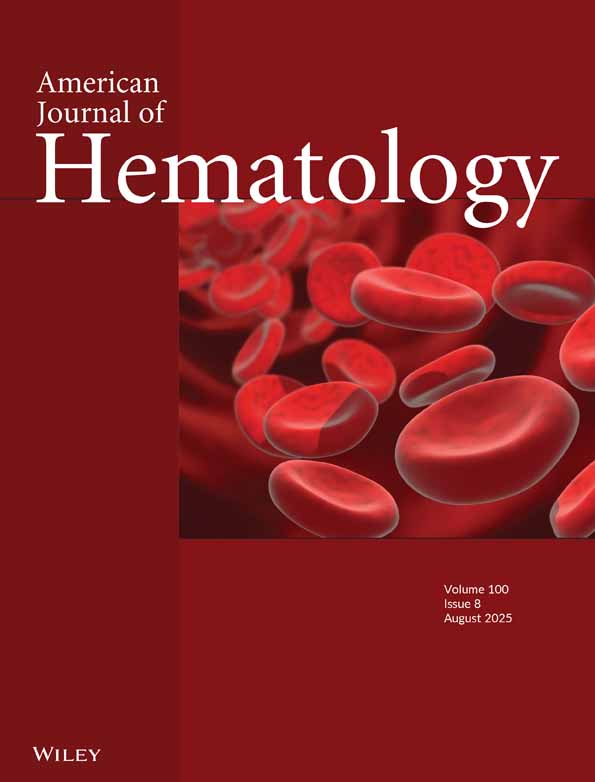Fibrinolysis, inhibitors of blood coagulation, and monocyte derived coagulant activity in acute malaria
Abstract
Different parameters of fibrinolytic systems like t-PA, PAI, D-dimer, and inhibitors of blood coagulation, i.e., protein C (PC), protein S(PS), and antithrombin III (AT-III), have been studied in cases of acute malaria due to Plasmodium falciparum and plasmodium vivax infection, and these patients were followed up. It was observed that the plasma PAI-1 was very high in cases of P. falciparum malaria infection as compared to normal controls and P. vivax infection. The changes in complicated cases of P. falciparum were remarkable as compared to uncomplicated ones. The PC, PS, and AT-III levels were also low in P. falciparum, particularly so in complicated cases, and were normal in P. vivax infection. The factor VIII R:Ag levels were invariably high in acute malaria. On follow-up of some of these cases the values came back to normal after the antiparasite treatment. The monocyte procoagulant activity was found to be significantly higher in P. falciparum infection as compared to that of P. vivax infection. All these findings therefore contribute towards the production of a hypercoagulable state in P. falciparum infection and partly explain the complications of P. falciparum infection like cerebral malaria. Am. J. Hematol. 54:23–29, 1997 © 1997 Wiley-Liss, Inc.




